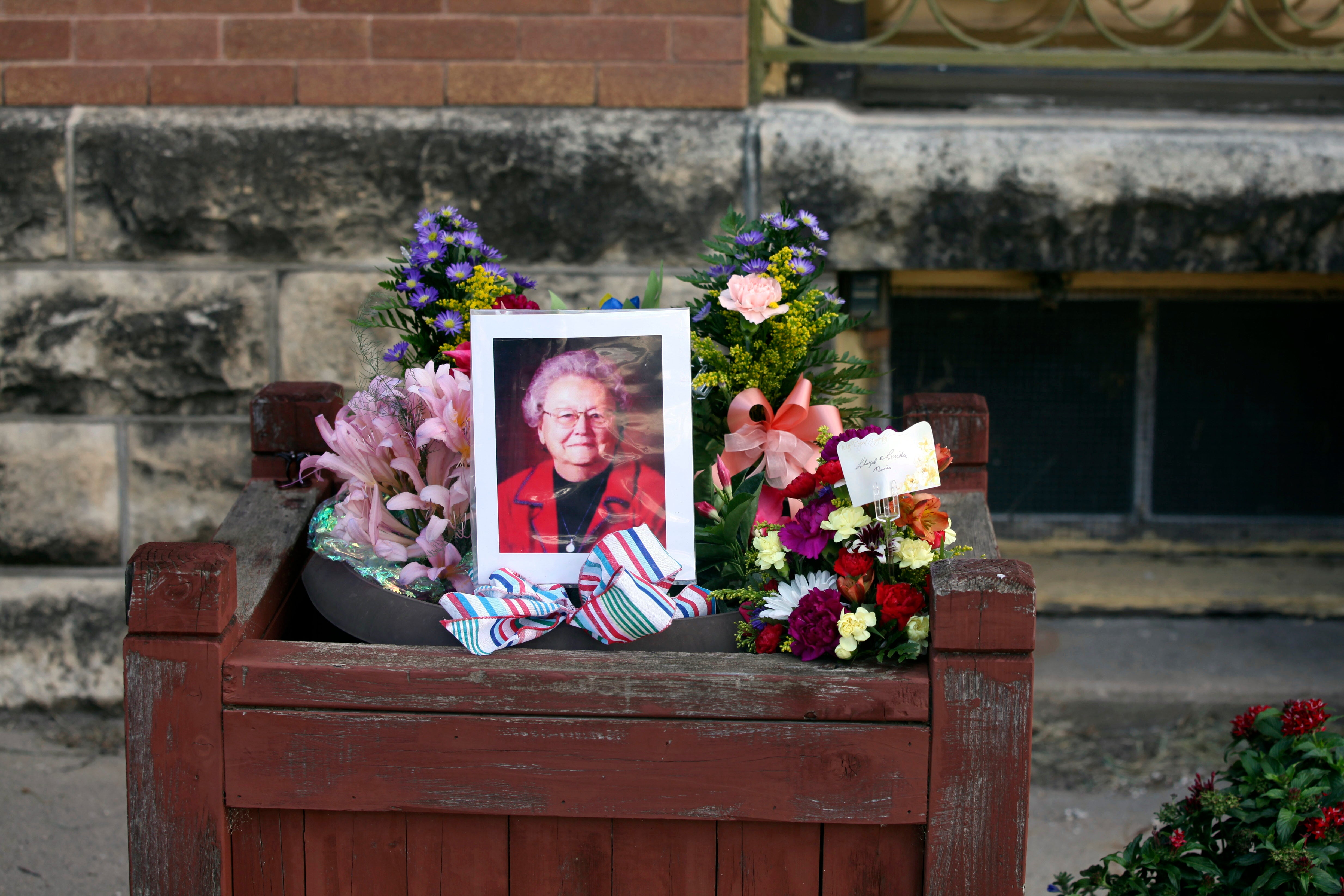Kansas law enforcement investigating police raid at small-town newspaper office
A raid of a small-town paper’s office has sparked widespread criticism from publishers and civil rights groups
Your support helps us to tell the story
From reproductive rights to climate change to Big Tech, The Independent is on the ground when the story is developing. Whether it's investigating the financials of Elon Musk's pro-Trump PAC or producing our latest documentary, 'The A Word', which shines a light on the American women fighting for reproductive rights, we know how important it is to parse out the facts from the messaging.
At such a critical moment in US history, we need reporters on the ground. Your donation allows us to keep sending journalists to speak to both sides of the story.
The Independent is trusted by Americans across the entire political spectrum. And unlike many other quality news outlets, we choose not to lock Americans out of our reporting and analysis with paywalls. We believe quality journalism should be available to everyone, paid for by those who can afford it.
Your support makes all the difference.A state law enforcement agency under the direction of the Kansas office of attorney general has opened a criminal investigation into the events surrounding a local police raid of a small-town newspaper that has drawn widespread condemnation from First Amendment advocates and international press freedom groups.
But it remains unclear whether the Kansas Bureau of Investigation is focusing its probe around the actions of the Marion Police Department or the Marion County Record, where officers and sheriff’s deputies seized phones and equipment and effectively forced the 154-year-old weekly paper to shut down last week.
As of 14 August, KBI is “the lead law enforcement agency investigating the incidents in Marion County,” a spokesperson said in a statement shared with The Independent.
“As we transition, we will review prior steps taken and work to determine how best to proceed with the case,” the statement added. “Once our thorough investigation concludes, we will forward all investigative facts to the prosecutor for review.”
The two-page warrant for the raid, signed by Marion County District Court Magistrate Judge Laura Viar, stated that officers were allowed to seize phones, software, items that contained passwords, and all correspondence and documents “pertaining to” a local restaurant owner Kari Newell under the paper’s investigation, though no stories about her were published.
The warrant appeared to allege that a reporter illegally obtained sealed state records about Ms Newell’s prior arrest and citation for driving under the influence in 2008.
The paper also was actively investigating allegations of misconduct surrounding Gideon Cody, Marion’s chief of police.
Officers also reportedly photographed personal financial statements and seized personal items, including a smart speaker used by the paper’s 98-year-old co-owner Joan Meyer who used the device to ask for assistance.
Ms Meyer – the mother of publisher Eric Meyer, and “stressed beyond her limits and overwhelmed by hours of shock and grief,” according to the newspaper – collapsed and died one day after the raid.

A letter from an attorney for the newspaper demanded that Kansas authorities refrain from reviewing any of the seized materials
“The computers, cell phones and other items you illegally seized contain the identity of confidential sources, as well as information provided by those confidential sources,” according to the letter from Bernie Rhodes. “This information is protected by both federal and state law.”
He also referenced a “shield law” that protects journalists from the seizure of their materials without a hearing.
A statement from the Marion Police Department acknowledged that the federal Privacy Protection Act protects journalists “from most searches of newsrooms” unless “they themselves are suspects in the offense that is the subject of the search.”
On 13 August, a group of more than 30 news organisations and publishers including The New York Times and the Associated Press joined a statement from the Reporters Committee for Freedom of the Press urging the Marion Police Department to return seized material, purge records that were accessed, and initiate a “full independent and transparent review” of the incident.
“Newsroom searches and seizures are among the most intrusive actions law enforcement can take with respect to the free press, and the most potentially suppressive of free speech by the press and the public,” the statement said.
Kansas Governor Laura Kelly also voiced her concerns surrounding the raid.
“I want to make sure that in the state of Kansas, that we are not violating either individuals’ or press’s constitutional right to free speech,” she said, according to The Star. “We look forward to getting all of the facts out so we know what kind of issue we have.”


